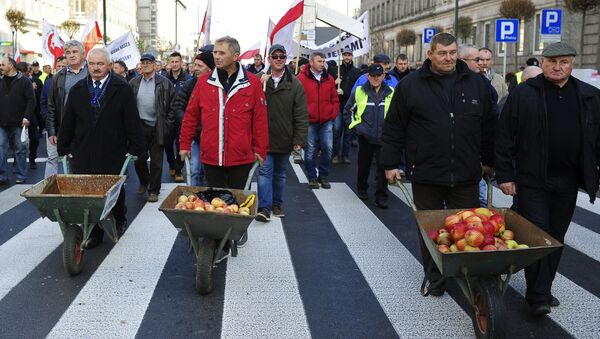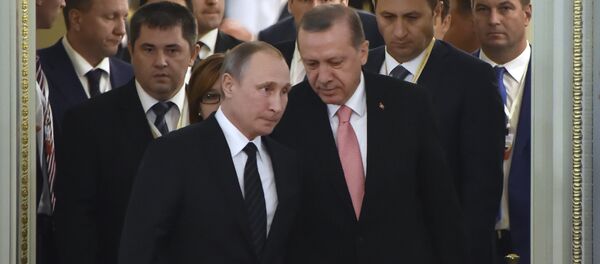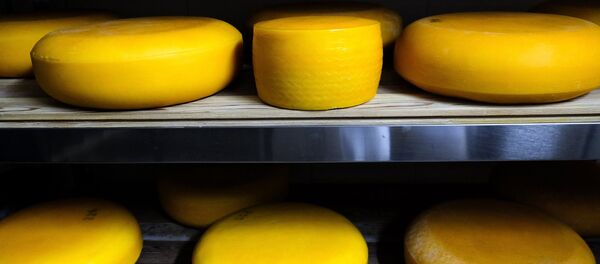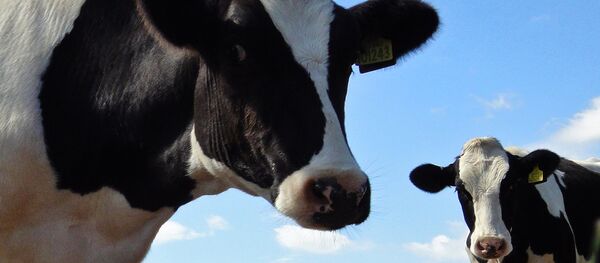“Even though Western sanctions are often said to work on Russia, Russian sanctions on Europe are proving to be even more effective,” Bunn Nagara states in his article for the Malaysian daily The Star Online.
The political analyst further notes that Western skepticism is rising regarding the utility of sanctions against Russia having any effect.
First, he cites as an example the recent thaw in relations between Moscow and Turkey, which was hit hard by Russia’s punitive measures following the downing of Russia’s fighter jet in Syria.
The price of "Russian sanctions against Turkey over a range of industries, from food and apparel to travel, construction and energy, was estimated at $10bln (RM40.2bln) or more,” he says, adding that it prompted Recep Tayyip Erdogan to seek a personal meeting with his “friend Vladimir”.
However there are other NATO member states, which are seeking rapprochement with Moscow.
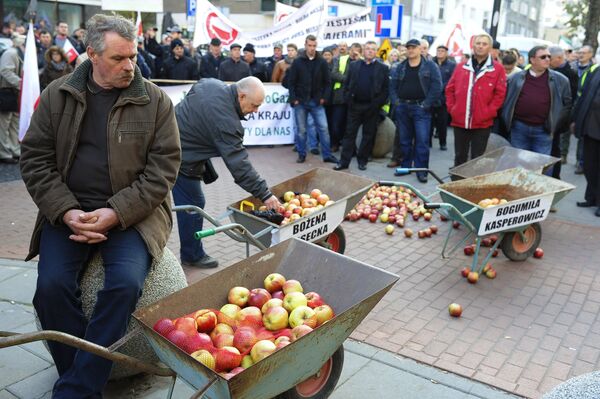
Nagara notes that NATO has revived its idea ofa NATO-Russia Council and is eager to see it meet in Russia again; however Moscow now says that it would only do so on the condition that the talks respected Russia’s national interests.
Among the European states, Greece and Italy were hit particularly hard. Greek and Cypriot officials visited Moscow last year, while Austrian and Hungarian leaders did so earlier this year.
Italian Prime Minister Matteo Renzi announced Italy’s intention to enhance economic ties with Russia. He also expressed hope that EU-Russia relations would improve.
In early June, French lawmakers voted 302 to 16 to lift sanctions against Russia. Moscow’s counter-sanctions had also hit a range of French industries and hurt the country’s economy.
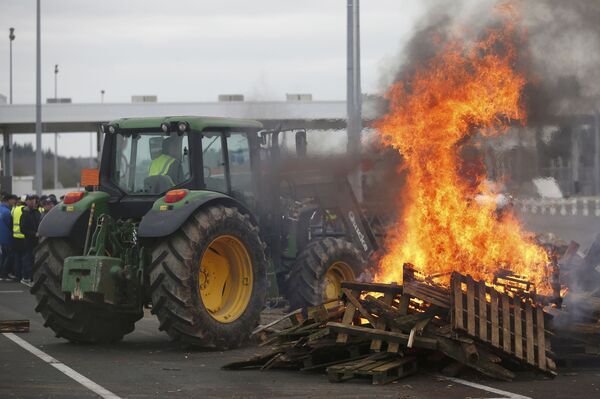
“German businesses have been at least as concerned about the impact of sanctions against themselves,” the political analyst says, adding that “no less than the German Vice-Chancellor and Foreign Minister have been floating the prospect of rolling back sanctions against Russia.”
Another example of the Western eagerness to restore relations with Russia is their attitude towards St Petersburg International Economic Forum (SPIEF) which was held in the mid-June.
“For the past two years, Western attendance at the SPIEF was low to nil. As two-way sanctions bit deep, Western businesses could stand it no longer and returned to the forum in hopes of getting back to business as usual,” he notes.
US officials tried to persuade American business leaders to stay away again but failed, he further adds. Bosses of US corporations like ExxonMobil joined their European counterparts in Russia again this year.
Jean-Claude Juncker, the President of the European Commission has also visited the forum despite the pressure from the US, what came as the highest-level visit by an EU official since 2014.
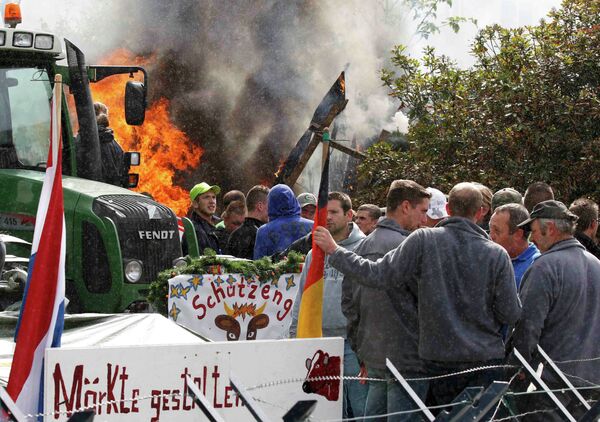
At the events in St. Petersburg Italian Prime Minister Renzi actively encouraged joint ventures between Italy and Russia. Italian and Russian companies signed business deals even as he spoke.
Besides, the analyst says, late last month, Putin was in Slovenia, an EU and NATO member, calling for closer Russia-EU relations. Western media saw it as a test of EU resolve.
Two days later, Hungary said Russia was no threat to NATO countries. Slovakia added that sanctions against Russia should be removed.
“Days after the SPIEF, Putin was in New Delhi on the sidelines of this year’s Shanghai Cooperation Organisation (SCO) Summit in Tashkent,” he says.
Indian Prime Minister Narendra Modi thanked Putin for Russia’s support and pledged as chair of BRICS (Brazil, Russia, India, China, South Africa) to maintain the momentum that Russia had begun, he adds.
“Within hours, Putin was in Beijing, observing that Russia and China would continue coordinating their largely common positions on international platforms like the UN, the SCO and BRICS.”
This visit, just prior to Hangzhou summit, touched on diplomatic, political and economic interests. It involved 50 documents covering 58 business projects valued at $50 bln (RM201bln), with Russia’s oil and gas sector prominent.
Already, 12 of the projects are said to be underway. Among those still to begin is a joint venture in aviation to produce passenger jets that could rival Boeing and Airbus.
Notably, he points out, Russia and China have now agreed to expand mutual payments in their respective national currencies rather than the dollar.
All the above, the author concludes keeps Russia “ahead of the curve in the sanctions game.”
Evidently, traditional “weapons” like sanctions and military preparedness cannot work fully as intended, he says.
Diplomatic ploys and political gambits can be at least as important.
It is however hard with “a country the size and economic weight of Russia.”
“If any Western policymaker still harbors the thought of cornering or containing Russia, it should be obvious that Russia is too big and savvy for that,” he states.
Adding that the Western leaders should have understood by now that President Putin “would not be the first to blink”.

